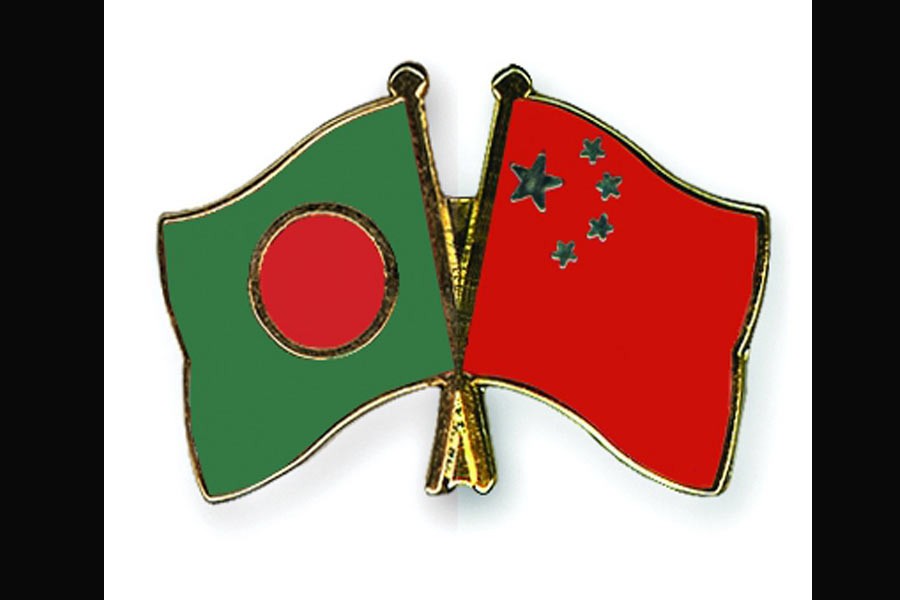A joint feasibility study on a bilateral free-trade area (FTA) between Bangladesh and China may begin shortly under a move to enhance the two-way trade.
Officials said the first meeting on the feasibility study is proposed to be held in Beijing early November.
In the meeting modalities will be framed for the launch of the joint feasibility study on the proposed free-trade area, they added.
The Chinese side has drawn up terms of reference and outline and China's delegates for the working group.
Bangladesh has already sent its terms of reference, a senior official of the commerce ministry said.
"We expected that first meeting on the joint feasibility study of China-Bangladesh FTA would be held in China in November next. There will be fixed modalities for beginning the study," additional secretary of the ministry of commerce Md. Shafiqul Islam told the FE.
The working group will study and identify the benefits and impacts that may be derived from a possible FTA. It will prepare a joint feasibility-study report which will include its recommendations. The working group is expected to complete the joint feasibility study by the end of 2018.
The joint panel consists of relevant government officials and experts from both sides.
In this regard, the two nations signed a memorandum of understanding (MoU) in mid-October 2016 during Chinese President Xi Jinping's Dhaka visit.
Earlier in September last year, China in a letter had formally proposed conducting the study to examine the suitability of formation of a free-trade area. Beijing then forwarded a draft of the MoU which was inked in October.
A source concerned, however, said signing FTA accord with China could result in a significant revenue loss for Bangladesh
Skeptics pointed out that Bangladesh's imports from China amounted to nearly US$9.0 billion while exports accounted for only around $800 million. Bangladesh may lose $2.70 billion or more as revenue if duty-free market access for Chinese products is granted through striking FTA deal.
China has granted 4,886 products of least developed countries (LDCs) duty-free access to its market.
Bangladeshi goods also enjoy the facility since the country is also an LDC. Almost similar numbers of Bangladeshi products also enjoy duty-free access to the Chinese market under the Asia-Pacific Trade Agreement (APTA) since 2010, they said.
The trade officials fear that Bangladesh's local industry would be hit hard if FTA deal is signed with a country like China having huge production capacity at a very competitive price.
They said interests of exporters, importers, domestic industry, and consumers ought to be kept in balance before entering into any preferential deal with any country.
Country's trade-sector people have also been opposing FTA signing with countries like China and Malaysia as such trading arrangement may disrupt domestic industrial growth.


